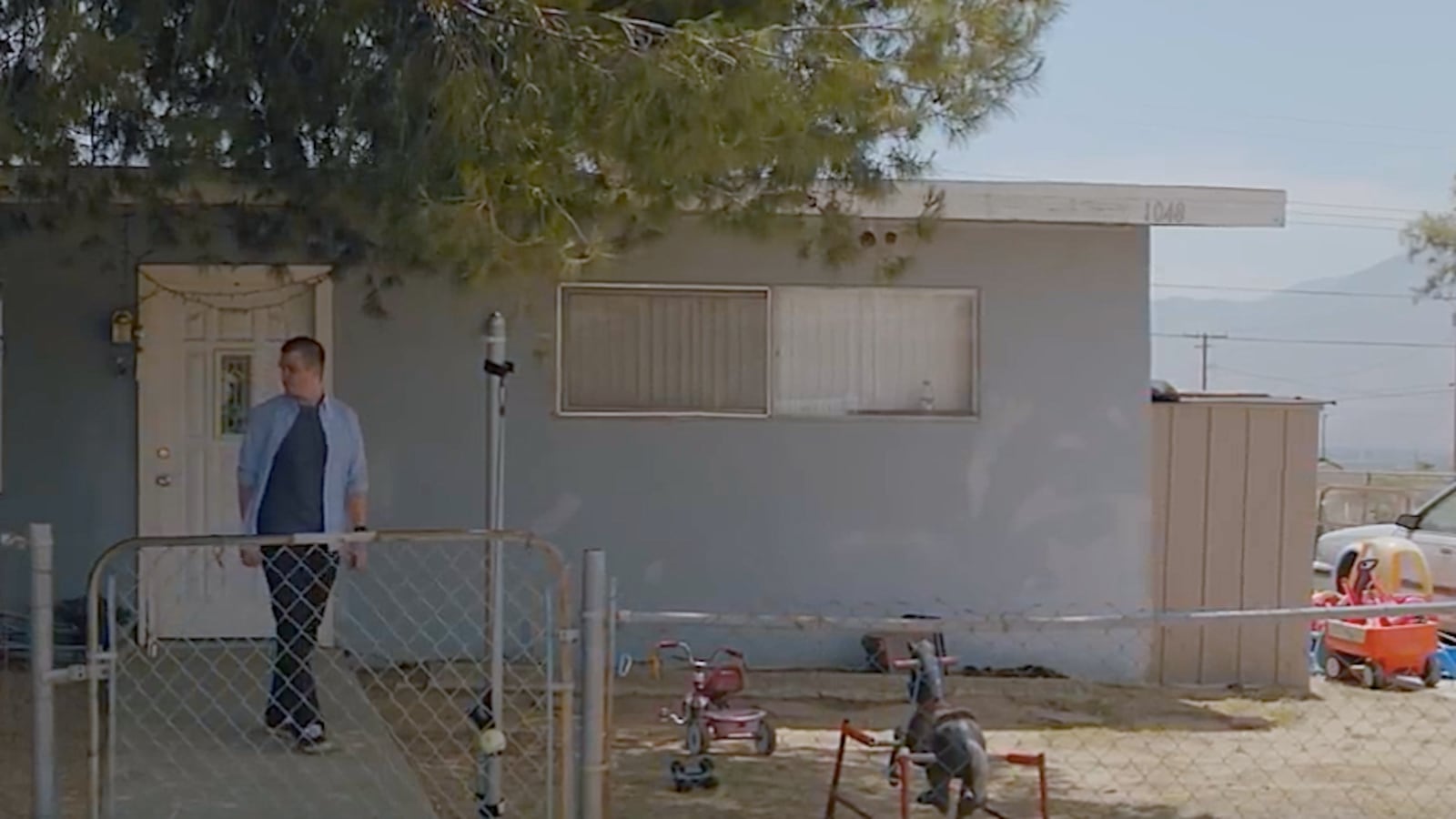In the space of five minutes, you’ll feel like your heart broke then got pieced back together.
That’s the impact of a video called “Chad’s Story,” part of a new national campaign to raise awareness about how teachers and other adults can help kids who’ve experienced trauma.
The campaign, “Changing Minds,” draws on research about how violence and other kinds of stress can re-shape kids’ brains, sparking fear, anxiety and impulsiveness. It also emphasizes that stable, supportive relationships —the kind teachers and coaches often have with students — can halt and even reverse the damage.
The campaign, a project of the national social justice group FUTURES Without Violence, the U.S. Department of Justice and the Ad Council, highlights five things adult role models can do for kids: listen to them, comfort them, inspire them, collaborate with them and celebrate them.
Brian O’Connor, director of public education campaigns and programs for FUTURES Without Violence, said the effort is not meant to give educators more to do.
“This campaign really strives to capture, reinforce… and promote all the great things teachers are already doing, oftentimes instinctually,” he said. “The consistency piece, the dosage is what’s so important.”
O’Connor said the initiative rose out of Department of Justice research showing the prevalence of violence in children’s lives as well as the landmark Adverse Childhood Experiences, or ACE, study. That 1998 study found that traumatic childhood experiences are risk factors for health problems, difficulties in school, poor quality of life and premature death.
In addition to videos, research and tips on the Changing Minds website, the multi-year campaign features a curriculum being piloted in Memphis and Portland, Ore., schools.

